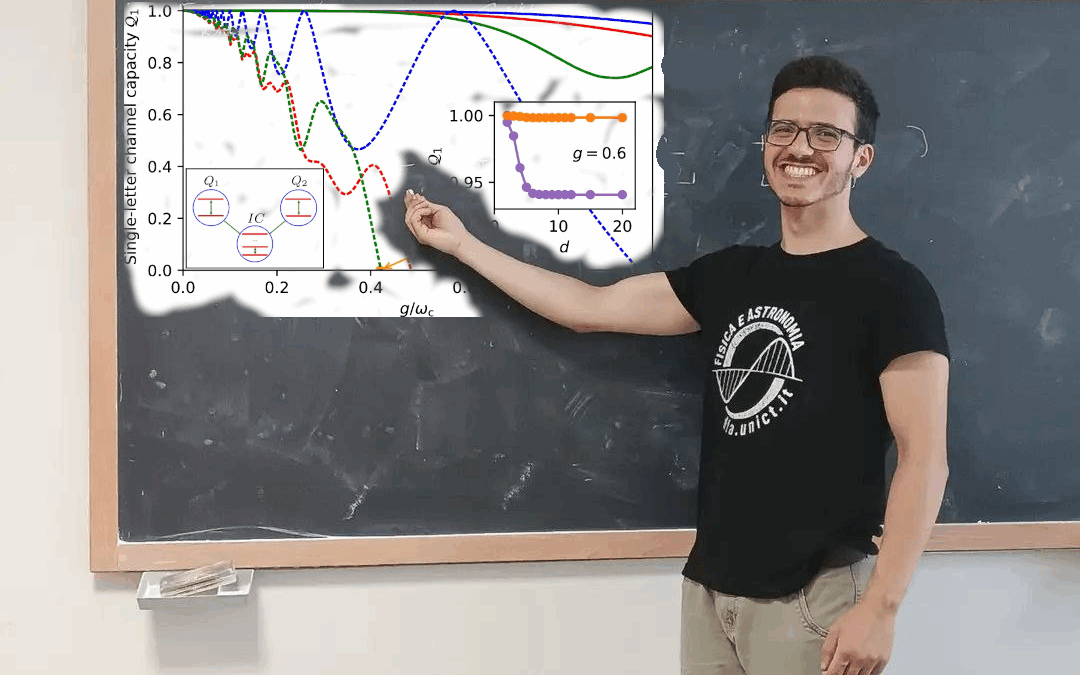In a recent work, S.A. Cordovana et al. studied the efficiency of quantum information transfer between different parts of a modular quantum computer in the ultrastrong coupling regime, characterized by strong coupling between the qubits and the interconnections.
In this regime, the use of intuitive transfer protocols leads to a decrease in performance due to phenomena such as the dynamic Casimir effect.
The authors show that an adiabatic protocol based on CTAP (Coherent Tunneling by Adiabatic Passage) allows the state to be transferred by utilizing the interconnection as a virtual bus, maintaining a channel capacity close to unity over a wide range of couplings.
These results suggest the possibility of building faster and more efficient modular quantum processors, provided that the correct transfer protocols are used.
